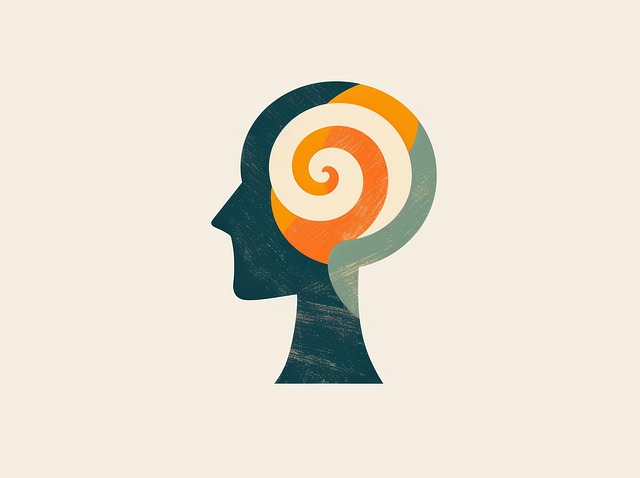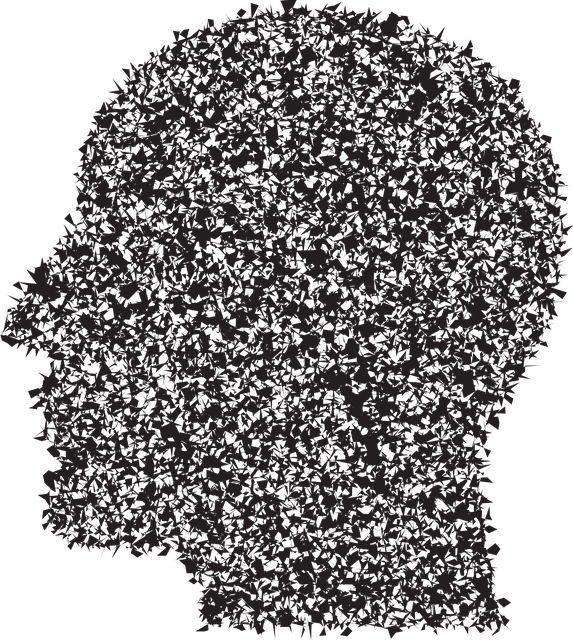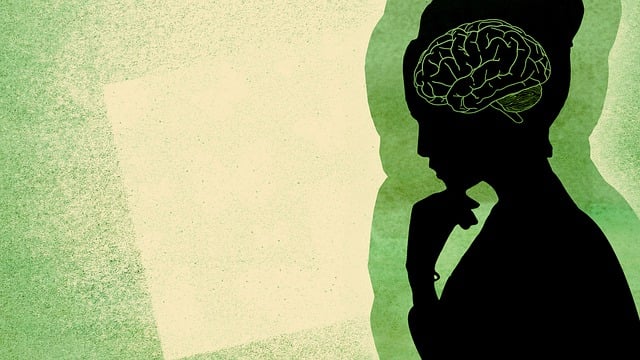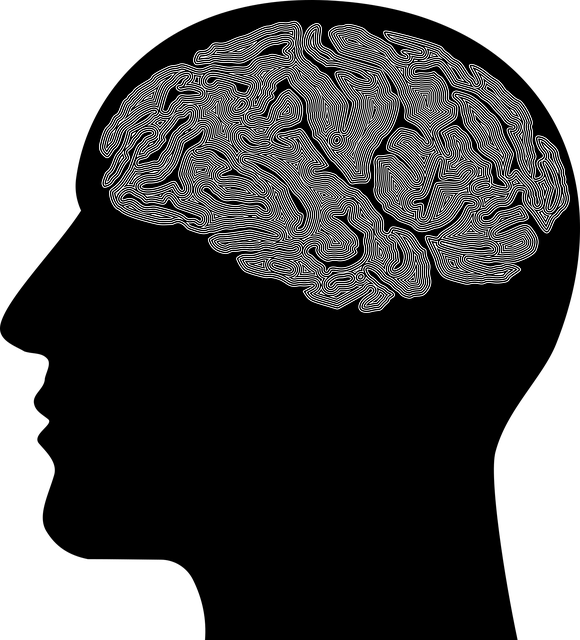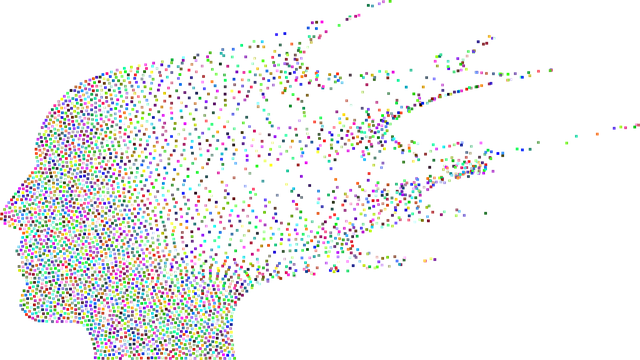Diagnosing mental illness in young adults accurately is challenging due to varying symptoms and similar traits across conditions. Emerging tools like biofeedback and tailored therapy offer effective solutions, with biofeedback teaching individuals to control bodily functions for early detection and improved overall well-being. Integrating these techniques into traditional Therapy for Young Adults enhances diagnosis accuracy, promotes personalized treatment plans, and empowers patients to manage symptoms effectively. Continuous education for mental health professionals, coupled with innovations like mindfulness and compassion cultivation, ensures young adults receive the best care tailored to their unique needs.
Mental illness diagnosis accuracy is a critical aspect of patient care, yet it faces numerous challenges. This article explores efforts to enhance diagnosis precision, delving into key areas such as understanding the complexities of mental health conditions, leveraging technology like therapy for young adults and biofeedback, improving assessment methods, integrating patient feedback, and continuously educating healthcare professionals. By focusing on these strategies, we aim to improve diagnostic accuracy and ultimately benefit those seeking mental health support.
- Understanding Mental Illness Diagnosis Challenges
- The Role of Technology: Therapy for Young Adults and Biofeedback
- Enhancing Assessment Techniques for Accurate Diagnoses
- Integrating Patient Feedback and Clinical Insights
- Continuous Education and Training for Healthcare Professionals
Understanding Mental Illness Diagnosis Challenges

Diagnosing mental illness accurately can be a complex task, especially for young adults navigating their first experiences with therapy. The mind is intricate, and symptoms can vary greatly from person to person, making it challenging to pinpoint specific disorders. Many factors contribute to this difficulty; for instance, some conditions share similar traits, leading to misdiagnosis or delayed treatment. Additionally, young adults might be reluctant to seek help due to stigma or fear of judgment, further complicating the process.
Biofeedback and therapy specifically tailored for young adults have emerged as powerful tools in addressing these challenges. Biofeedback techniques teach individuals to gain control over bodily functions, promoting mental wellness coaching programs development. These methods offer a more precise approach to diagnosis by providing tangible data on physiological responses during therapeutic sessions. Moreover, integrating conflict resolution techniques into therapy can foster healthier communication patterns and improve patient-therapist relationships, enhancing the overall accuracy of evaluations.
The Role of Technology: Therapy for Young Adults and Biofeedback

The integration of technology in mental health care has revolutionized the way we approach diagnosis and treatment, particularly for young adults. One innovative tool that has gained significant attention is biofeedback, which leverages technology to provide real-time data on physiological responses. By teaching individuals to consciously control bodily functions such as heart rate, muscle tension, and brain waves, biofeedback sessions empower young adults to better understand their mental states and apply Mind Over Matter principles in stress management. This not only aids in the early detection of mental health issues but also serves as an effective tool for burnout prevention and overall well-being.
Therapy for Young Adults combined with biofeedback offers a comprehensive approach to addressing psychological challenges. Through structured sessions, young adults can learn coping mechanisms tailored to their unique needs. By combining traditional therapy techniques with the objective insights provided by biofeedback, mental health professionals can deliver more precise diagnoses and personalized treatment plans. This enhanced accuracy in diagnosis is crucial for effective stress management, ensuring that young adults receive the right support at the right time to navigate their mental health journeys successfully.
Enhancing Assessment Techniques for Accurate Diagnoses

In recent years, there’s been a growing focus on enhancing mental health assessment techniques to improve diagnosis accuracy. This involves integrating innovative approaches such as biofeedback into traditional therapy for young adults. Biofeedback, a technique that teaches individuals how to control certain bodily functions, has shown promise in reducing symptoms of anxiety and depression, thereby aiding in more precise diagnoses. By equipping healthcare providers with advanced tools and training, like Cultural Competency Training, the mental health community can better address the unique needs of diverse patient populations.
Furthermore, ongoing Mental Health Policy Analysis and Advocacy efforts are instrumental in ensuring that accurate diagnosis practices become the standard across healthcare settings. These policy changes promote better allocation of resources, encourage evidence-based practices, and ultimately contribute to improved outcomes for individuals struggling with mental illness. Through these combined efforts, the goal is to create a more comprehensive and effective approach to diagnosing and treating mental health conditions.
Integrating Patient Feedback and Clinical Insights

Integrating patient feedback with clinical insights is a powerful strategy to enhance mental illness diagnosis accuracy, particularly for young adults. Therapy sessions can benefit from incorporating biofeedback techniques that allow patients to actively engage in monitoring and controlling their physiological responses. This collaborative approach leverages Mind Over Matter principles, empowering individuals to develop coping skills that enable them to manage symptoms effectively. By fostering open communication, therapists gain valuable insights into the patient’s lived experience, which complements clinical assessments, leading to more precise diagnoses.
Additionally, focusing on Anxiety Relief through these integrated methods can significantly impact treatment outcomes. Coping Skills Development becomes a dynamic process where patients learn not just to recognize but also to regulate their emotional states. This holistic improvement in mental health care ensures that young adults receive tailored support that addresses both the mind and body’s intricate connection during therapy sessions, promoting overall well-being.
Continuous Education and Training for Healthcare Professionals

Mental health professionals play a pivotal role in accurately diagnosing and treating mental illness, which is why continuous education and training are essential to keep up with the latest research and therapeutic techniques. Regular workshops, webinars, and peer-led discussions help healthcare providers enhance their skills and knowledge. This ongoing learning ensures they can offer evidence-based practices tailored to diverse patient needs, especially for young adults struggling with mental health issues.
One such effective tool gaining traction is biofeedback, a technique that combines mindfulness meditation and compassion cultivation practices to improve emotional intelligence. By teaching individuals to gain awareness of their bodily responses, biofeedback facilitates better stress management and emotional regulation. This can be particularly beneficial in therapy sessions focused on young adults, empowering them with skills to navigate the challenges of modern life while fostering a sense of self-care and resilience.
Mental illness diagnosis accuracy has long presented significant challenges, but with focused efforts and innovative solutions, substantial improvements are achievable. By leveraging technology like therapy for young adults and biofeedback, enhancing assessment techniques, integrating patient feedback, and providing continuous education to healthcare professionals, we can navigate the complexities of mental health diagnosis more effectively. These strategies not only improve diagnostic accuracy but also foster more personalized and compassionate care for all individuals seeking support.

